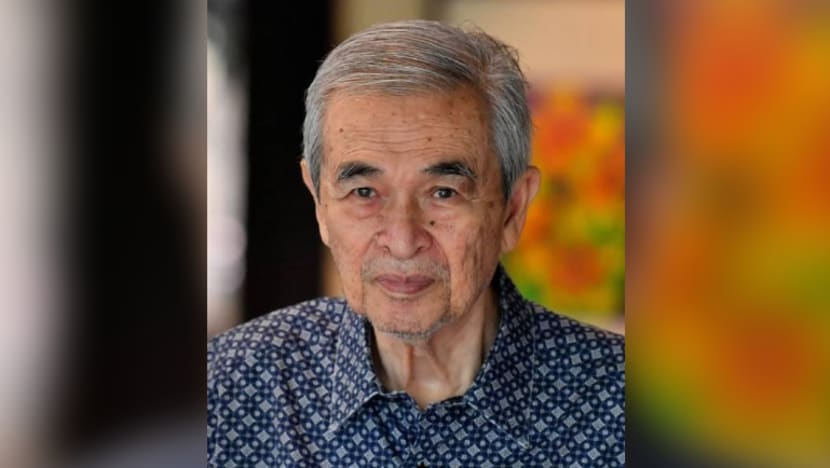Former Malaysian prime minister Abdullah Badawi has dementia: Khairy

Former Malaysia prime minister Abdullah Ahmad Badawi. (File photo: Bernama)
KUALA LUMPUR: Former Malaysian prime minister Abdullah Ahmad Badawi has dementia, Health Minister Khairy Jamaluddin said on Sunday (Sep 11).
Khairy, who is also Abdullah’s son-in-law, said that the announcement was made after a family discussion, as many people were asking about the former leader’s health.
Abdullah, who is also known affectionately as Pak Lah, was Malaysia’s fifth prime minister, serving between 2003 and 2009.
“Pak Lah indeed has dementia and his condition is deteriorating that he can’t even say the names of family members as he doesn’t remember. He may recognise them, he appears to, but he has reached the level of having difficulty to speak,” Khairy said at a press conference in Kuala Lumpur on Sunday.
“I asked my wife, my mother-in-law and brother-in-law just now. I said to them that there are people who are aware of his condition while others aren’t, so could I reveal this (to the public)?”
Khairy had earlier launched new editions of the clinical practice guidelines for the management of dementia and schizophrenia.
“I’ve never shared this (information) before. Many of you may wonder where the fifth prime minister of Malaysia is. Dementia is a ... very cruel condition because the body is there but the mind isn’t,” he said.
“So for family members, caregivers, it’s a very difficult situation because you see them there but they’re not there. I’ve seen my father-in-law deteriorating over the years, so you don’t see him in public anymore as the dementia has deteriorated to the point where he cannot function normally anymore.
“He doesn’t remember my name and even my wife’s name. The only reason I know that he recognises me is because there is a flicker in his eyes when I come to visit him. Otherwise, I don’t know whether he registers that I’m there or not.”
Khairy said that the management of Abdullah’s care is challenging.
“I see how my mother-in-law struggles,” said Khairy, adding that his father-in-law is wheelchair-bound.
“There are good days but increasingly, there are more bad days,” he added.
Khairy also said in a tweet on Sunday that it has been challenging for the family to see Abdullah’s cognitive function deteriorate.
“Some people are aware but many are not. The family has decided to openly share this, partly to shine a light on dementia and cognitive impairment,” he said.
Khairy added that the family was fortunate to have been able to bring in professional caregivers for Abdullah, as those with deteriorating dementia need round-the-clock care for their own safety.
“Imagine the people who are not able to do so. Dementia does not discriminate. It’s not a condition for people who are well-off. It can affect anybody,” he said at the press conference.
“Not everyone can afford (professional help) or to put their loved ones in a care home or send them away. They still want them around and there’s nothing wrong with that.”
“I think it’s timely, and (today’s event) resonated with me because in developing the health white paper, we have started talking about empowering and investing in community domiciliary care as well,” he added.












